FTC To Appeal Activision Blizzard Acquisition: A Deep Dive
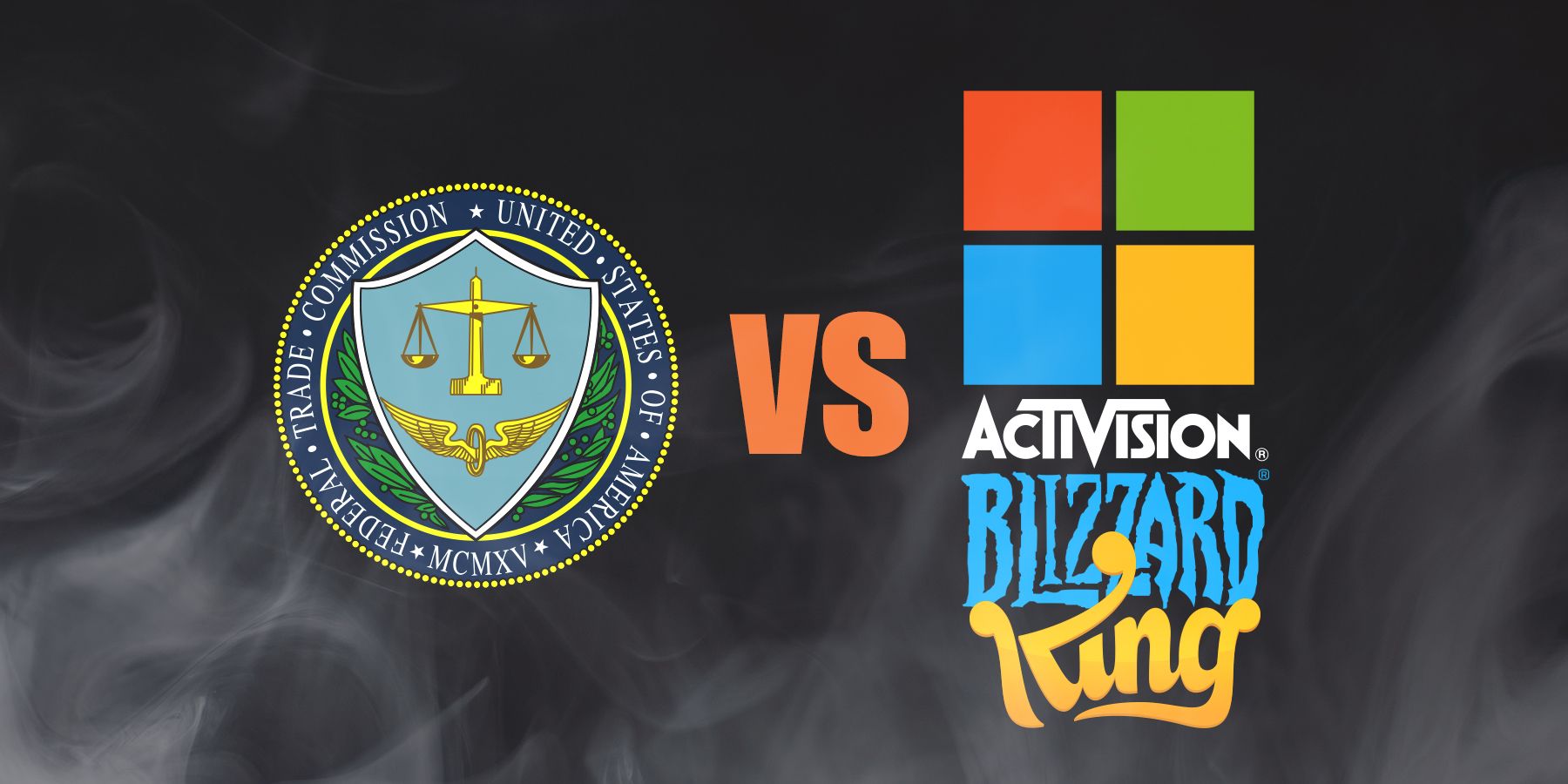
Table of Contents
The FTC's Arguments Against the Activision Blizzard Acquisition
The Federal Trade Commission (FTC) argues that Microsoft's acquisition of Activision Blizzard poses a significant threat to competition within the gaming market. Their core concern centers on the potential for anti-competitive practices that could stifle innovation and harm consumers. The FTC believes the merger would give Microsoft undue market dominance, particularly in several key areas.
-
The Call of Duty Conundrum: A central argument revolves around Call of Duty, one of the world's most popular video game franchises. The FTC fears that Microsoft could leverage Call of Duty's immense popularity to make it exclusive to its Xbox ecosystem, harming competitors like Sony PlayStation and potentially pushing them out of the market. This strategy of leveraging a key title for market dominance is a key aspect of the FTC's case.
-
Cloud Gaming Concerns: The FTC also expresses significant concerns about Microsoft's growing dominance in cloud gaming. The acquisition of Activision Blizzard's vast game portfolio would further amplify Microsoft's market power in this rapidly expanding sector, potentially creating an insurmountable barrier to entry for smaller competitors. The control of game streaming infrastructure is another major point of contention.
-
Past Allegations of Anti-competitive Behavior: The FTC's case also cites past allegations of anti-competitive behavior by Microsoft, suggesting a pattern of conduct aimed at stifling competition. These past actions are used as supporting evidence for their claim that the Activision Blizzard acquisition represents a continuation of this trend, further solidifying their assertion of anti-competitive practices.
The FTC's arguments are supported by various news articles and official statements released by the commission, highlighting their deep concerns regarding the potential negative impacts of this acquisition. Their filings demonstrate a thorough investigation and an intent to vigorously protect the competitive landscape of the gaming industry.
Microsoft's Defense and Counterarguments
Microsoft strongly refutes the FTC’s claims, arguing that the acquisition will ultimately benefit consumers and foster competition, rather than harming it. Their defense strategy focuses on several key points:
-
Consumer Benefits: Microsoft emphasizes the benefits for gamers, highlighting how the acquisition will bring a broader range of games to more players through various platforms, including Xbox Game Pass. This argument centers on increased access and value for money for consumers.
-
Commitment to Call of Duty Availability: To counter the FTC's concerns about Call of Duty exclusivity, Microsoft has publicly committed to maintaining Call of Duty availability across multiple platforms, including PlayStation. This commitment is central to their argument that the merger won't stifle competition.
-
Competitive Gaming Landscape: Microsoft stresses the highly competitive nature of the gaming market, highlighting the presence of other significant players such as Sony, Nintendo, and Tencent. They maintain that their acquisition will not create a monopoly and that gamers will still have plenty of options available.
Microsoft's defense is substantiated by press releases, official statements, and numerous public commitments made by the company. They have actively attempted to present a picture of a healthy and competitive gaming market that will only benefit from the merger.
Potential Outcomes and Implications of the Appeal
The appeal's outcome remains uncertain, with several potential scenarios: an FTC victory, a Microsoft victory, or a negotiated settlement. The implications of each scenario are far-reaching:
-
FTC Victory: An FTC victory could set a significant precedent, influencing future mergers and acquisitions within the gaming industry and potentially impacting other sectors. It could also lead to increased regulatory scrutiny of large tech acquisitions.
-
Microsoft Victory: A Microsoft victory would allow the acquisition to proceed, potentially reshaping the gaming landscape. However, it could also embolden other tech giants to pursue similar acquisitions, potentially leading to further consolidation in the industry.
-
Negotiated Settlement: A negotiated settlement could involve concessions from Microsoft, such as stricter conditions regarding Call of Duty availability or other commitments to maintain competition. This could be a compromise that balances the FTC's concerns with allowing the acquisition to proceed, but it might also set a precedent for future deals.
The Role of the Courts and Regulatory Bodies
The legal process will involve various courts and regulatory bodies, including judicial review and antitrust enforcement agencies. The timeline of the appeal is uncertain, but the coming months will likely involve extensive legal proceedings, including document discovery, expert witness testimony, and ultimately, a court decision. Regulatory oversight will play a crucial role in determining the final outcome.
Conclusion: The Future of the FTC Activision Blizzard Acquisition
The FTC's appeal of the Activision Blizzard acquisition presents a complex legal and economic challenge with significant implications for the future of the gaming industry. Both the FTC and Microsoft have presented compelling arguments, highlighting the potential benefits and risks of this merger. The outcome will not only affect the gaming industry but also set precedents for future antitrust cases and regulatory oversight of large tech acquisitions. The FTC Activision Blizzard acquisition is a critical development that demands close monitoring. Stay tuned for updates on this developing story and continue to follow the FTC Activision Blizzard acquisition case as it unfolds. We will continue to provide analysis and updates on this important legal battle as it progresses. Further research into the FTC Activision Blizzard acquisition is recommended to understand the broader implications.

Featured Posts
-
 Washington Universitys 2025 Commencement Features Simone Biles As Speaker
May 07, 2025
Washington Universitys 2025 Commencement Features Simone Biles As Speaker
May 07, 2025 -
 Met Gala 2023 Rihanna Announces Third Pregnancy
May 07, 2025
Met Gala 2023 Rihanna Announces Third Pregnancy
May 07, 2025 -
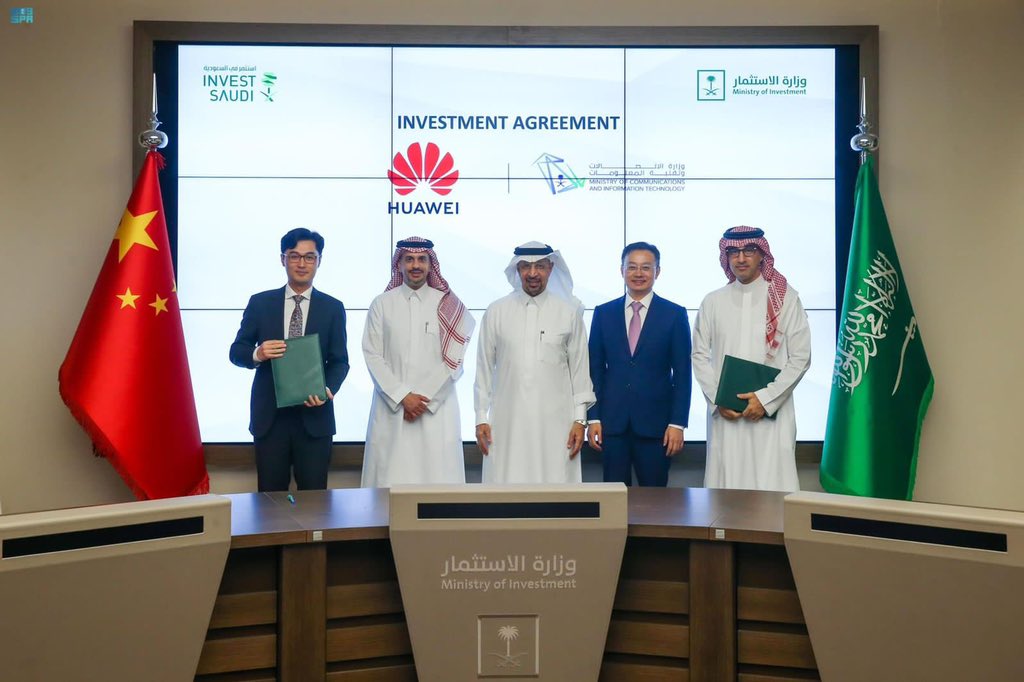 Tezyz Alrbt Aljwy Byn Afryqya Walsyn Atfaqyt Byn Laram Walkhtwt Aljwyt Alsynyt Aljnwbyt
May 07, 2025
Tezyz Alrbt Aljwy Byn Afryqya Walsyn Atfaqyt Byn Laram Walkhtwt Aljwyt Alsynyt Aljnwbyt
May 07, 2025 -
 Xrp Market Moves Whale Acquires 20 Million Tokens Bullish Signal
May 07, 2025
Xrp Market Moves Whale Acquires 20 Million Tokens Bullish Signal
May 07, 2025 -
 Need To Know 2025 Nhl Draft Lottery And The Utah Hockey Club
May 07, 2025
Need To Know 2025 Nhl Draft Lottery And The Utah Hockey Club
May 07, 2025
Latest Posts
-
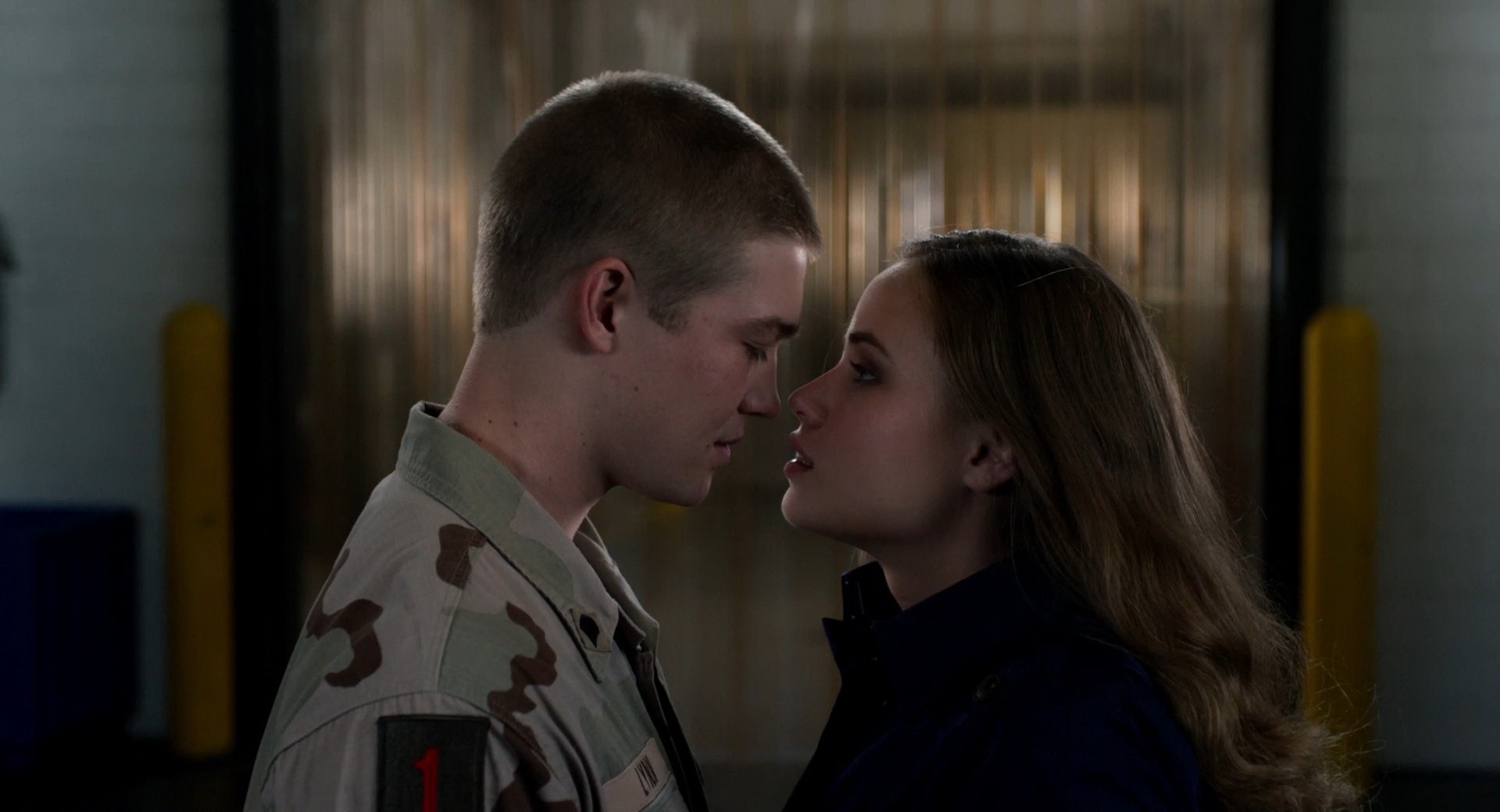 The Long Walk 2023 Trailer Impressions And Expectations
May 08, 2025
The Long Walk 2023 Trailer Impressions And Expectations
May 08, 2025 -
 Stephen Kings The Long Walk Movie Adaptation A Terrific First Look
May 08, 2025
Stephen Kings The Long Walk Movie Adaptation A Terrific First Look
May 08, 2025 -
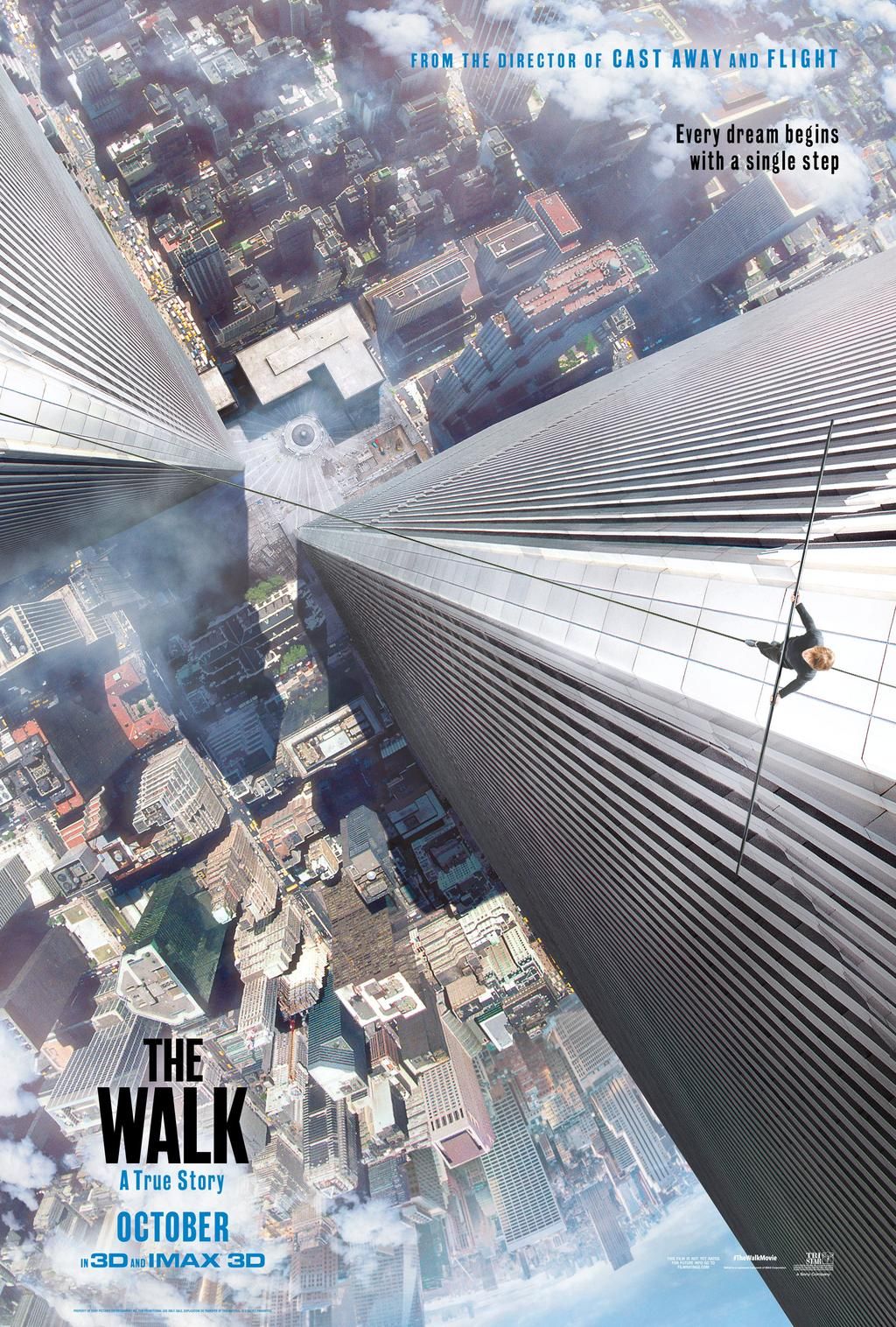 Stephen Kings The Long Walk Trailer Reaction And Adaptation Analysis
May 08, 2025
Stephen Kings The Long Walk Trailer Reaction And Adaptation Analysis
May 08, 2025 -
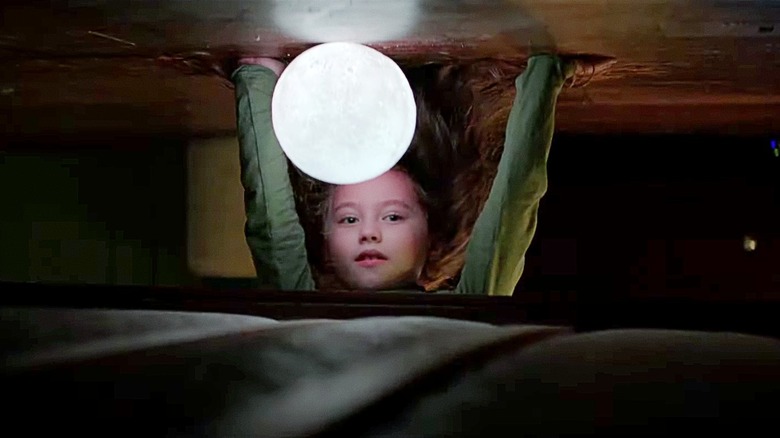 The Long Walk Trailer Flabbergasting Adaptation Of Stephen Kings Novel
May 08, 2025
The Long Walk Trailer Flabbergasting Adaptation Of Stephen Kings Novel
May 08, 2025 -
 The Long Walk Trailer Exploring The Intense Dystopian World
May 08, 2025
The Long Walk Trailer Exploring The Intense Dystopian World
May 08, 2025
